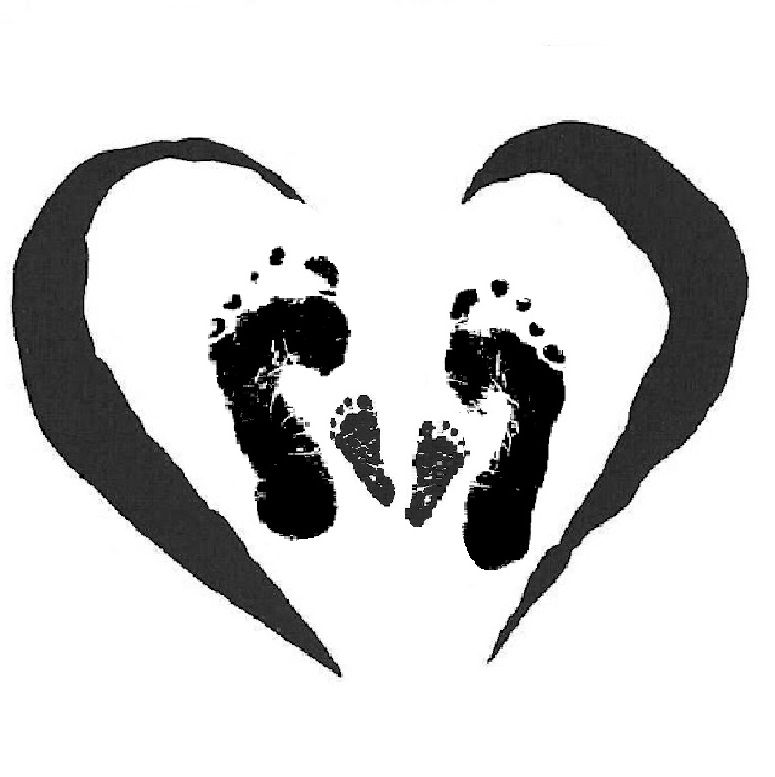
In October, the Catholic Church in the United States celebrates Respect Life Month, a time for Catholics across the country to reflect on and bear witness to human dignity.
End of Life Issues
Some of our more challenging decisions in life come when a loved one is nearing death, and we are compelled to pay attention to end of life issues while respecting the dignity of the human person. Many Catholics are not clear on the position of the Church in these issues. This article presents the Church’s position on Euthanasia, Assisted Suicide and Persistent Vegetative State (PVS).
Euthanasia
Many people in the world believe that it is permissible to deliberately hasten the death of persons who are gravely ill. Countries and states legally allow it. The reasoning behind it is that the experience of watching a loved one die slowly is painful and heartbreaking. People justify euthanasia because they believe that it is good to put people out of their pain and misery. However, the Catholic Church teaches that it is morally wrong because the deliberate killing of innocent persons violates the law of God.
The means of terminating the life of dying persons can take many forms; but one of the more common ways is to stop feeding and hydration. Dying by starvation and dehydration is by no means less painful than other means of terminating life; but more importantly, providing nutrition and hydration is basic ordinary care which everyone needs. The only time one can morally withhold nutrition and hydration is when the dying person refuses it, or when the body rejects it, or when it becomes unduly burdensome and offers little or no benefit to the dying person.
Assisted Suicide
Many people in the world have been fooled by the idea of “death with dignity.” “Death with dignity” is a lie because our dignity is in our humanity and how it reflects the goodness of God. When we love and affirm one another, even in the most extreme situations, we give witness to the dignity of persons. Pain and suffering do not undermine our dignity; but on the other hand, compassion upholds the dignity of persons because compassion means accompanying another person in his suffering and never abandoning him.
Another lie which people of the world have come to believe is that only a “productive” and pleasure-filled life is worth living. The lives of people who suffer chronically are deemed to be a waste and should be terminated as soon as possible. Persons who suffer grave disabilities need love and compassion, not an expedited death. Sadly, financial and social problems force many people to seek assisted suicide.
Persistent Vegetative State (PVS)
Persons who have suffered severe brain damage may end up in PVS. They no longer seem to be aware of themselves or their environment. Nonetheless, they still require love and attention. No matter what disability or medical condition people may face, they remain as human beings; they never become a “vegetable.” Persons in PVS have a right to basic care; they deserve nutrition and fluids, cleanliness and protection from infection.
There had been accounts of persons diagnosed in PVS who have recovered. Patricia White Bull from New Mexico emerged from PVS after 16 years, and Rom Houben from Belgium recovered after 20+ years. Persons diagnosed in PVS must be given hope for recovery.